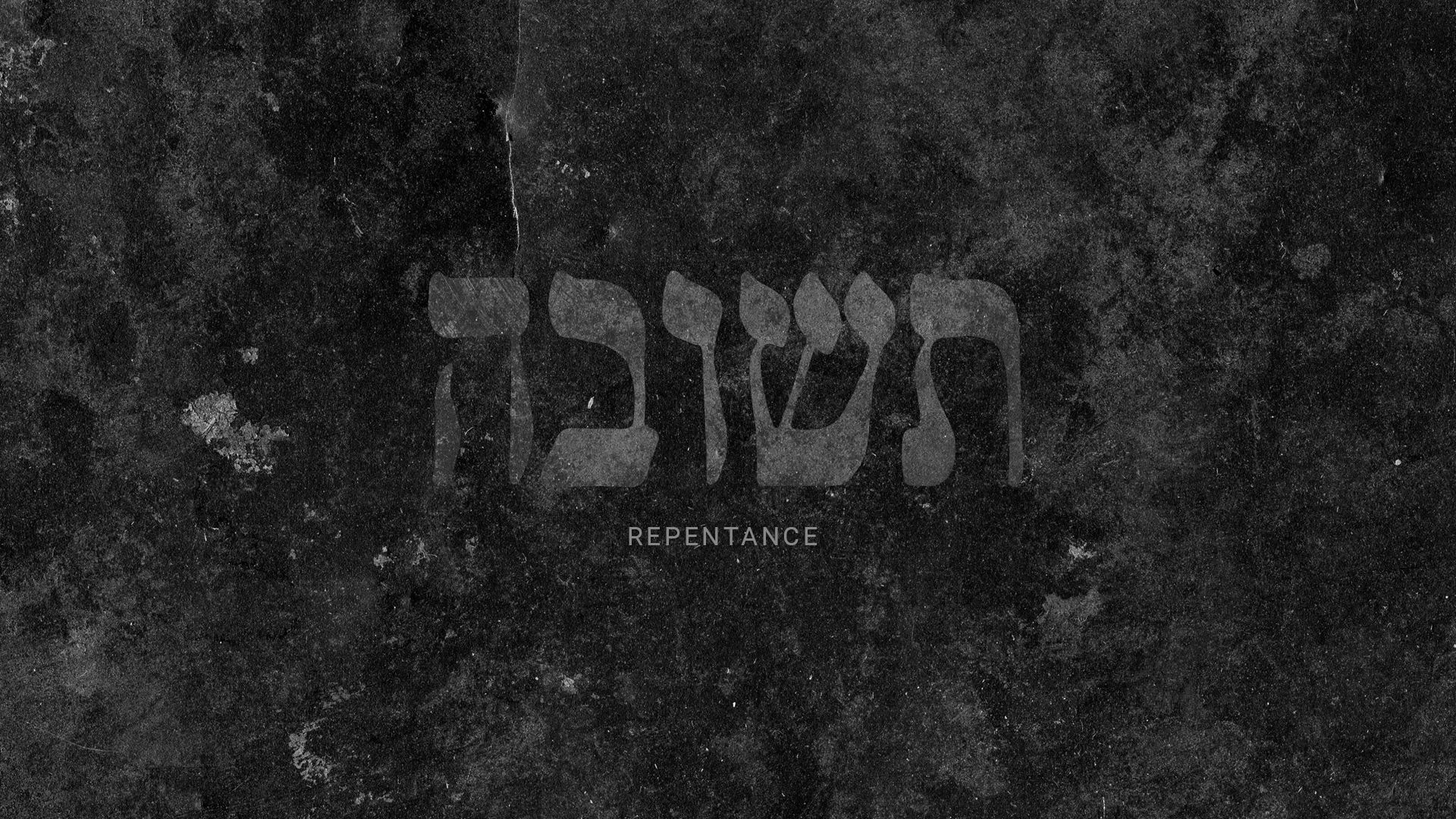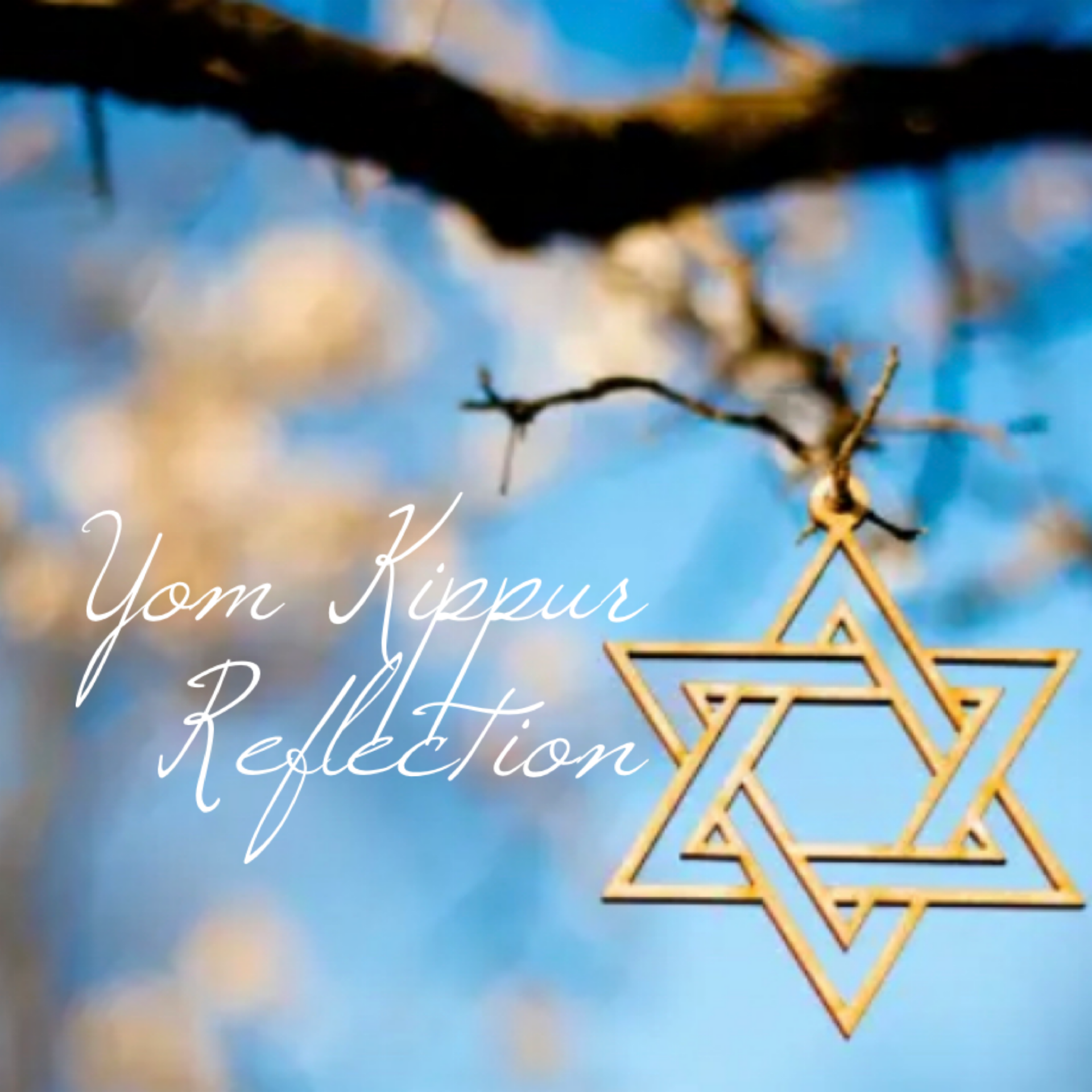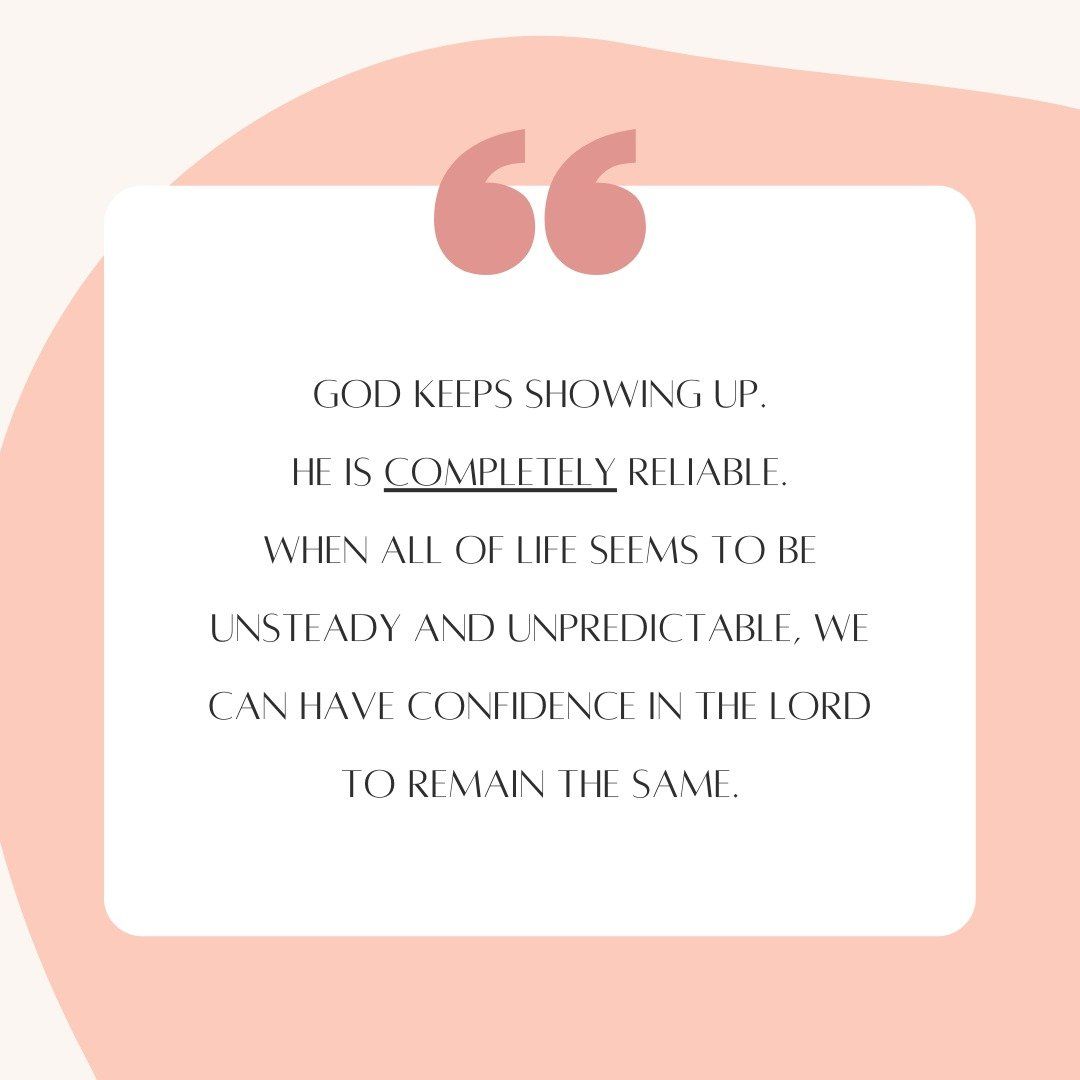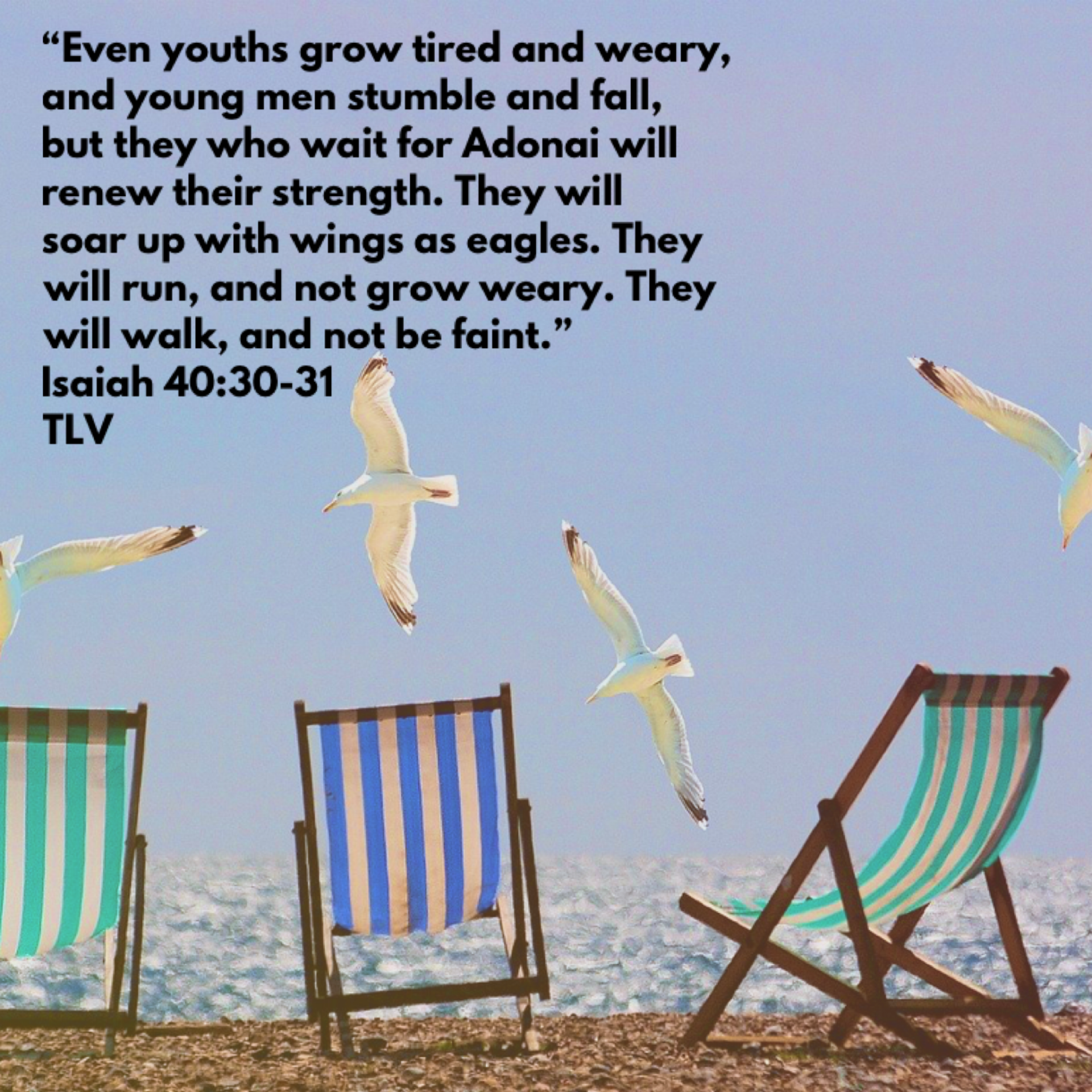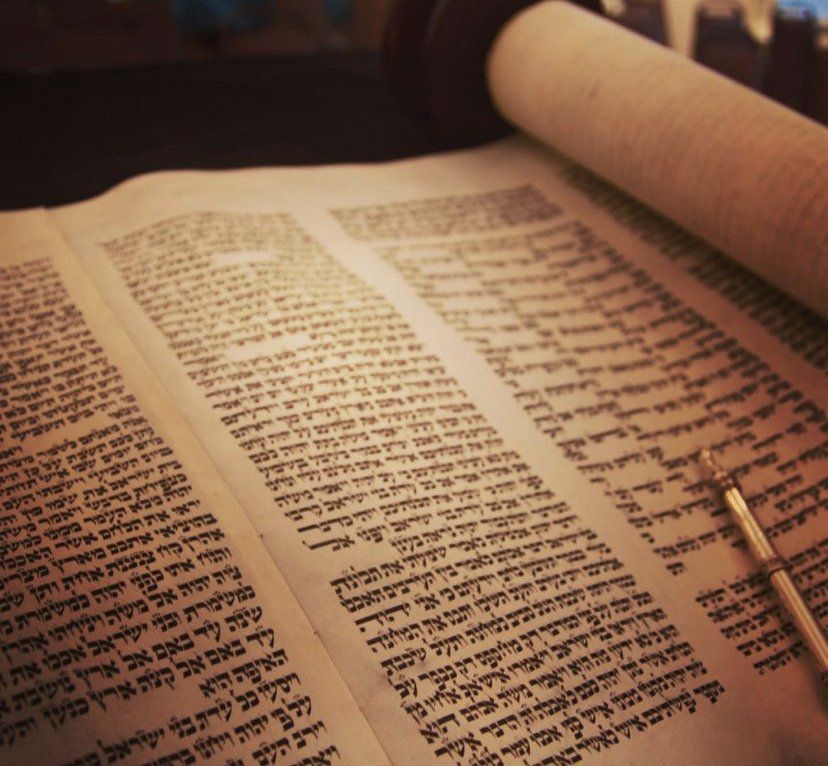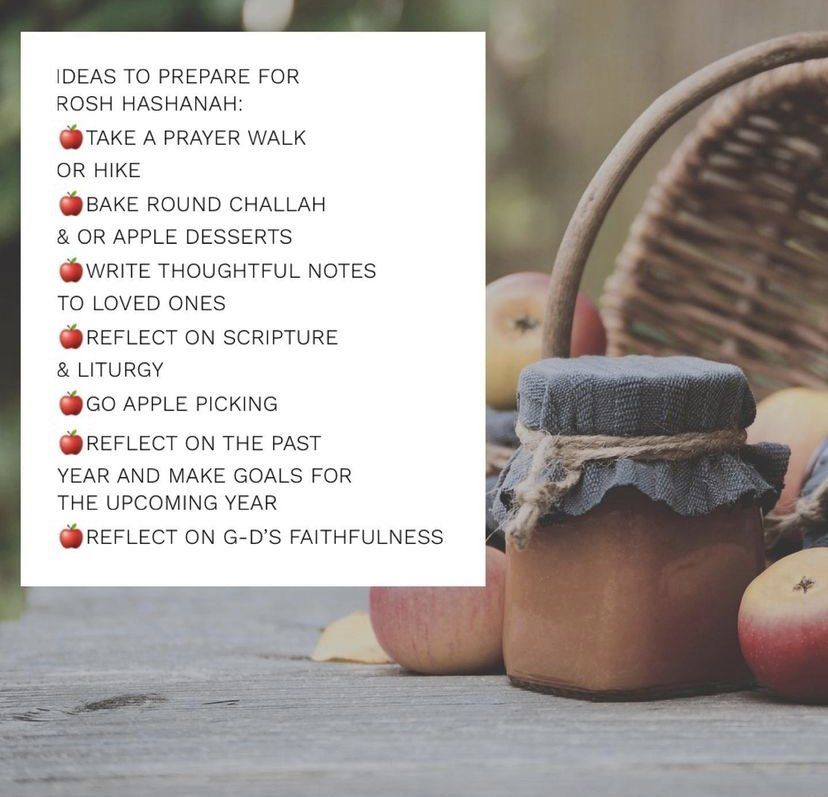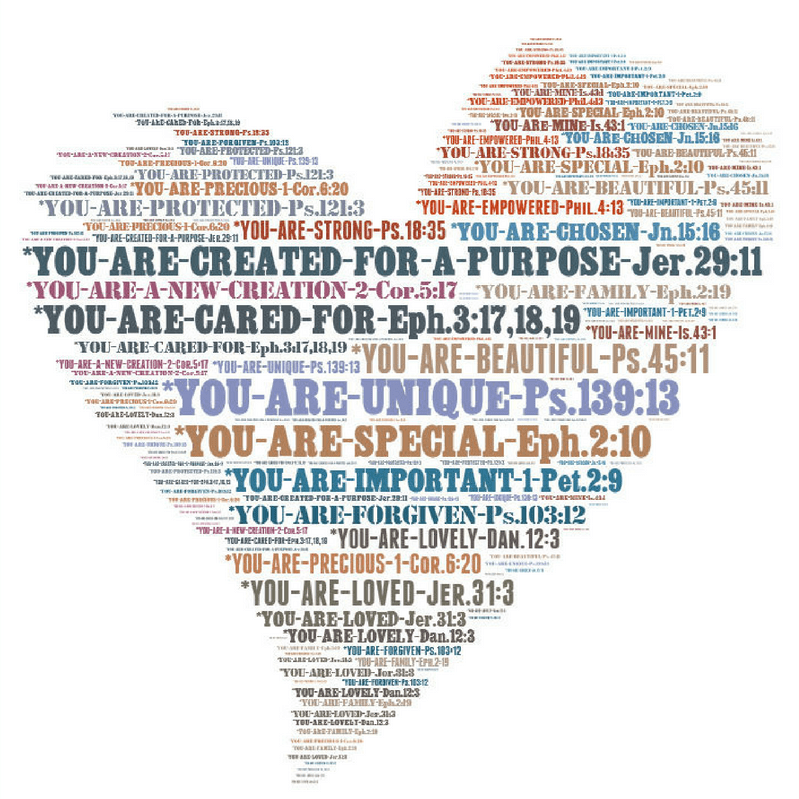By Maggie Nelson
•
October 11, 2024
What image comes to mind when someone says “repent”? Do you imagine God standing over you, shaking his finger, saying, “Go over there and be sad for a bit. You deserve to feel guilty for what you did”? Often when we think about repentance we can think about sinning, guilt, and condemnation. Well… two of those things are certainly involved. Sinning brings guilt, enough said. But repentance is not God telling us in an angry tone to go off and fix ourselves. Instead, the Lord is saying, “Come here. You turned away from Me; turn back. Come over here, back to My loving arms.” This is a vastly different view of repentance. One view can keep us from even wanting to repent because we don’t like the feeling of guilt and condemnation, so we’d rather pretend we don’t have a problem or hide our sin from God (it’s impossible by the way). But when we actually understand what repentance means, we can see the true heart of our Father, which always longs to be close to His people, so much so that Yeshua laid down His life for our sakes. The word for repentance in Hebrew is teshuvah, which means to “turn” or “return.” That is exactly what repentance should be. Have you ever felt the difference between when you condemn yourself for sin and when the Ruach convicts you? Whenever I sin and I am not walking in the Ruach, I tend to beat myself up, feeling upset with myself and distant from God. However, when I am humble before God and the Ruach convicts me it’s different. I feel the “ouch” or “oof” of seeing my sin for what it is, but I also feel the love of Yeshua. I feel close to God, not far away, because I am comforted to know that He thinks of me and is willing to show me where I am walking in destructive habits. When the Ruach prompts us to repent it’s as if God is getting down on our level and holding out his arms, beckoning us to Himself again. This doesn’t mean repentance is only joyful. It’s like pulling a thorn from your foot. It’s not pleasant that we have to do it because thorns hurt, but the answer to the thorn isn’t ignoring it or pretending it’s not actually that bad. Pulling it out is a good pain that ultimately brings healing and freedom to keep walking. The same thing is true with turning from our sins. Sin is turning away from God and it separates us from Him, our ultimate Good. So coming back is always relieving, refreshing, and right—even if sometimes it feels like we got a little “Ruach HaKodesh" slap in the face. In the Eitz Chayim liturgy, we sing an excerpt from Lamentations 5:21: “Hashivenu Adonai v’nashuva” (Turn us, Oh Lord, and we will return). We can’t please God or even turn back to Him in our own strength. We rely on the conviction of His Ruach when we fall short and turn away. It should be encouraging to know that it isn’t just you trying to battle sin by yourself. You and Yeshua are standing together against darkness. So during this time of teshuvah at Yom Kippur, let’s be glad that we can turn to a Father who is asking us to repent and come back to Him. We love Him, so of course we want to be close to Him. Well, He wants the same thing.
